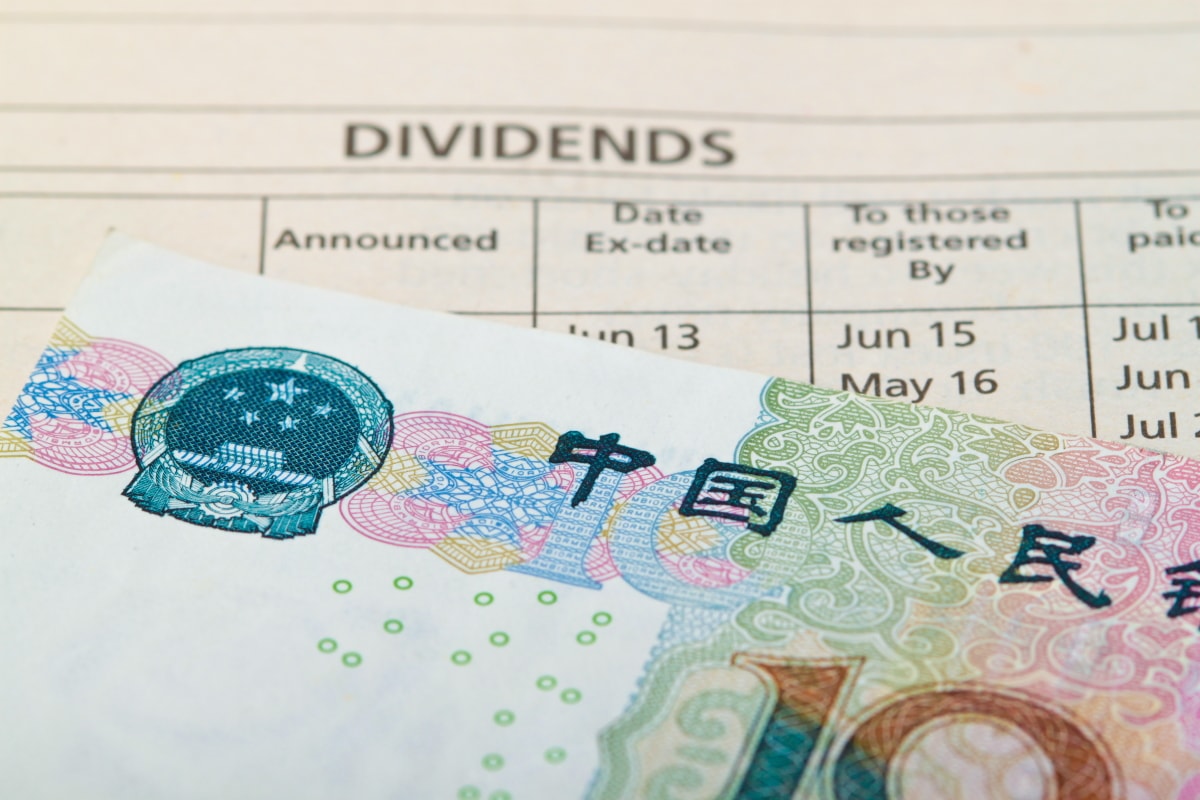Given the tumbling growth rates and unpredictable equity markets now seen across Asia because of the coronavirus crisis – with some economists forecasting a dip in the regional economy of a level not seen in decades – it’s small wonder that companies are looking to cut back or even suspend dividend payments to shareholders in a bid to conserve money.
But when it comes to dividend payments, there is a noticeable East-West divide. Analysis by Nomura, a Japanese bank, finds that whereas just 18% of the top 100 non-financial U.S. companies are net cash – so had cash levels exceeding debt – as are about a fifth of similar firms in the UK, some 48% of Chinese and Hong Kong top 100 firms, and 50% of similarly-ranked Japanese companies, were net cash.
As such, analysts expect top Asian firms to be in a better position than their Western counterparts to pay cash dividends this year.
Continuing payments
In early April, Goldman Sachs forecast that dividends of companies listed on the S&P 500 could fall by a quarter this year. More than 70 of Europe’s top-600 listed firms have already cut or postponed dividends, as have 18 percent of Britain’s top-100 companies.
At the moment, dividends appear more secure from Asian firms. Reuters recently reported that more than 640 A-share companies in China have announced dividends worth around 20 percent of net profits last year. According to one estimate, three-quarters of Chinese firms now pay dividends, with payouts rising by around 6 percentage points between 2017 and 2019.
Meanwhile, returns offered by companies tracked by the CSI dividend index – which monitors 100 stocks on the Shanghai and Shenzhen stock markets – stood at 3.3 percent, 1.3 percentage points more than yields on 10-year Chinese government bonds, which have fallen to a 17-year low. Analysts expect more Chinese investors to move their money from less-rewarding bonds to dividend-paying companies this year.
China Mobile, a state-linked telecoms firm, increased its 2019 dividend by almost a quarter last month, and promises similar payments for 2020. Many other Chinese banks, including the Agricultural Bank of China, and the country’s large oil firms Sinopec and PetroChina will also guarantee annualized returns this year.
Analysts expect to see better dividend payments in places like mainland China, Hong Kong and Singapore, where not only are firms more liquid but also where there is more state-backing of firms (and where many the most profitable firms are partially state-owned.)
Rich versus poor
But across Asia, just as across the world, governments will naturally be concerned about public unrest if the wealthy are seen to be benefitting too much during this crisis while the rest of society falters financially.
This economic slump is certain to see growth rates fall to decades-lows across Asia, driving up unemployment to almost unprecedented levels and causing tens of millions of people, especially in developing countries, to fall back into the poverty from which they have been dragged over the last three decades.
Moreover, Asian government must also think about long-term economic interests; if firms pay too much in dividends now it could imperil their performance later this year and in 2021 when economies need to rally, if the global recession is to be a short one.
An additional concern is that already failing and unprofitable firms will use the substantial tax-funded bailouts now pledged by almost all Asian government to stay afloat financially for much longer than they would have ordinarily have done, thereby not only rewarding investors in these fading firms with unjustified dividend payments, but also making economies more risky once the bailout money dries up.
Alternatives to dividend cuts
In Japan, the government has mandated that companies can delay submitting their annual financial statements until September and can postpone their annual shareholders meetings this year. The hope is that firms don’t rush their financial reports before the economy has a chance to recover later in the year, in order to avoid potentially scaring investors too early, while also delaying dividend payments until the worst of the crisis is over.
An alternative is that firms offer stockholders a scrip dividend – a distribution of equity instead of cash – this year so as to maintain investor satisfaction without hampering their bottom lines. A number of Hong Kong investors in HSBC are protesting to gain scrip returns after the bank suspended cash dividends for the first time in 74 years after pressure from British regulators.
Australian regulators, meanwhile, have said that banks wanting to make dividend payments this year must pass a stress test to make sure they have sufficient capital to survive a prolonged economic recession. Tom Richardson, a markets’ reporter for the Australian Financial Review, recently noted that banks could cut dividends “by as little as 15 per cent under benign stress testing scenarios if the regulator is sufficiently appeased.”










 Australia
Australia China
China India
India Indonesia
Indonesia Japan
Japan Malaysia
Malaysia Philippines
Philippines Singapore
Singapore South Korea
South Korea Taiwan
Taiwan Thailand
Thailand Vietnam
Vietnam Germany
Germany Hong Kong
Hong Kong USA
USA Switzerland
Switzerland Singapore
Singapore
 United Kingdom
United Kingdom








